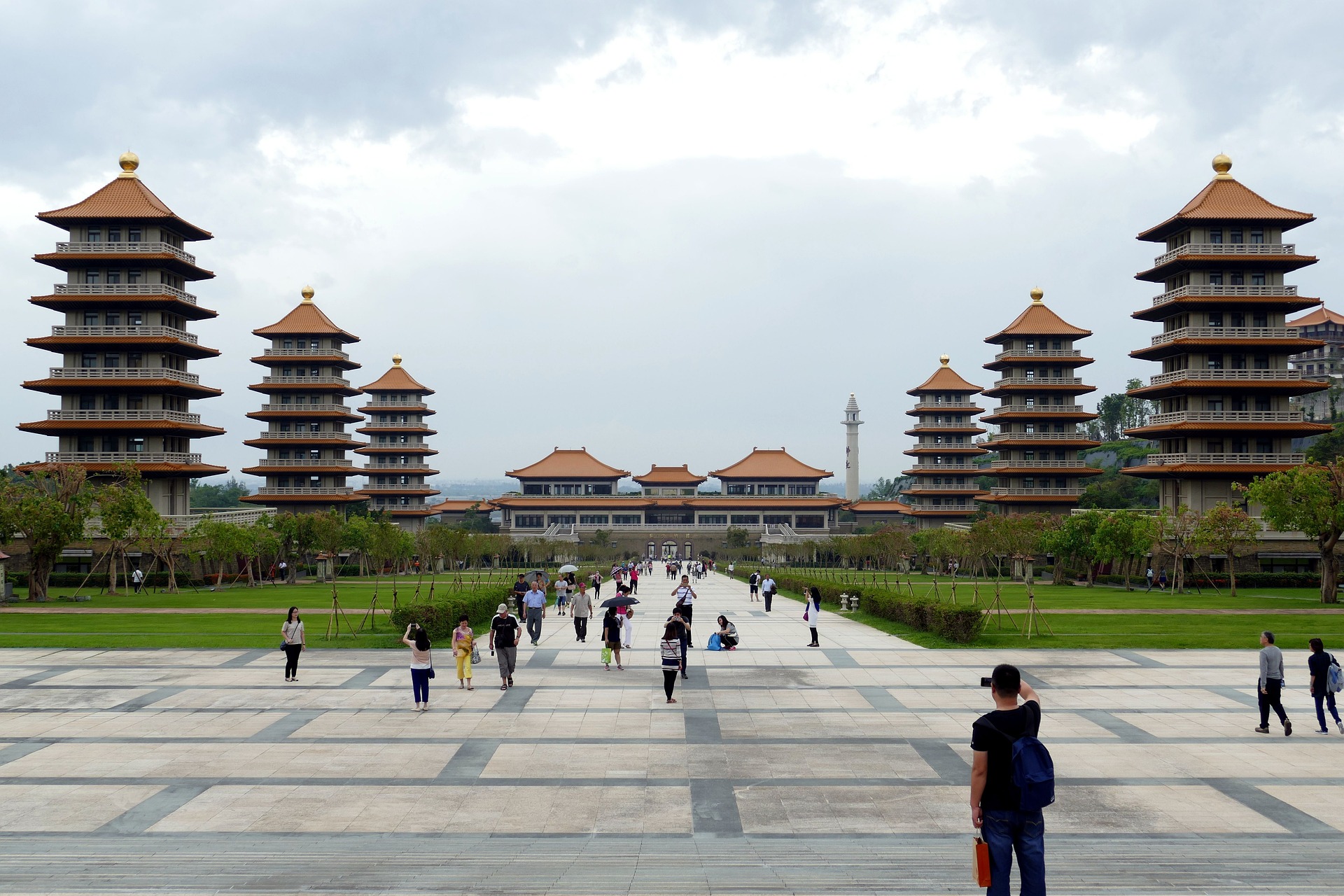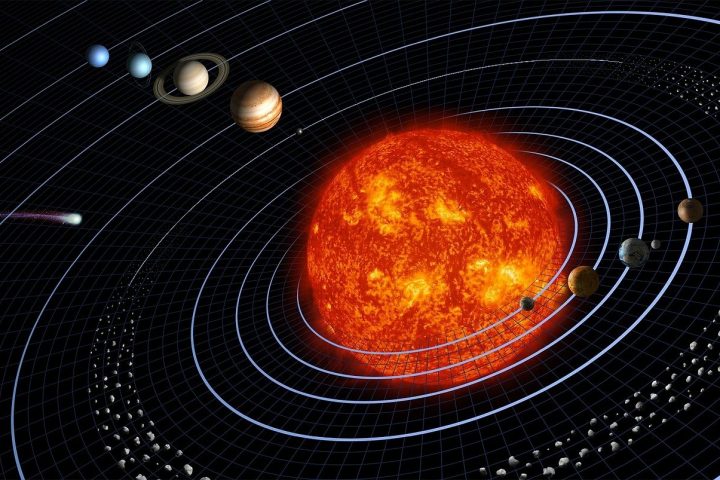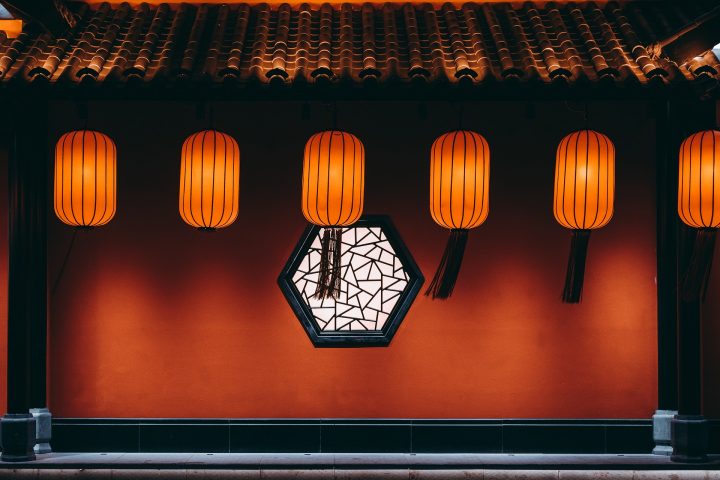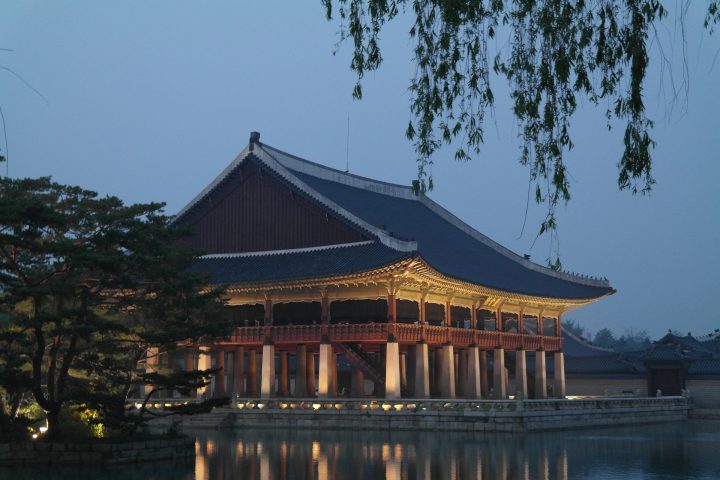In 2024, Taiwan will hold its 6th President and Vice President election, in which a new president and vice president will be elected by simple majority, which means the ticket that receives the most votes wins. Taiwan’s first presidential election occurred in 1996, and the election occurs once every four-year, making Taiwan a young democracy of only 27 years.
Despite its close proximity to China, a shared ancestry for most of the residents on both sides of the Taiwan Strait, and the same official language in spoken form (Mandarin Chinese1), most visitors of both countries can often sense at least some subtle cultural differences between the two. So what are the differences, and why? To understand why, first we will have to take a crash course on Taiwanese history.
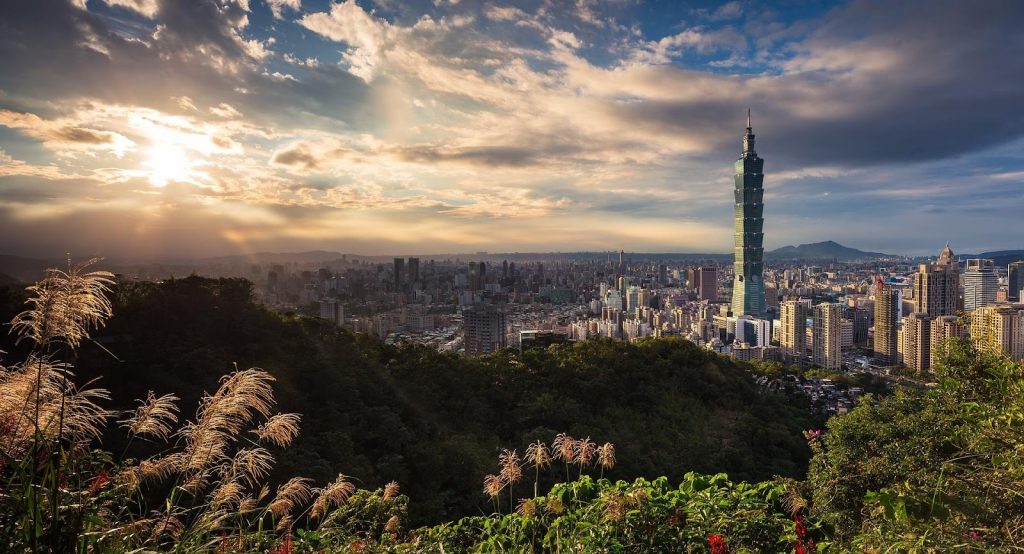
A Crash Course on the History of Taiwan
Even though the majority of the Taiwanese are of Han Chinese descent, that doesn’t mean that is all that the island is. In fact, scientific research suggests that Taiwan’s indigenous people have been living on the island of Taiwan for many millennia. Furthermore, it has been established that Taiwan’s indigenous people are genetically linked to Polynesians today, such as the Māori in New Zealand, who have been proven to be descendants of Taiwan’s early indigenous inhabitants.
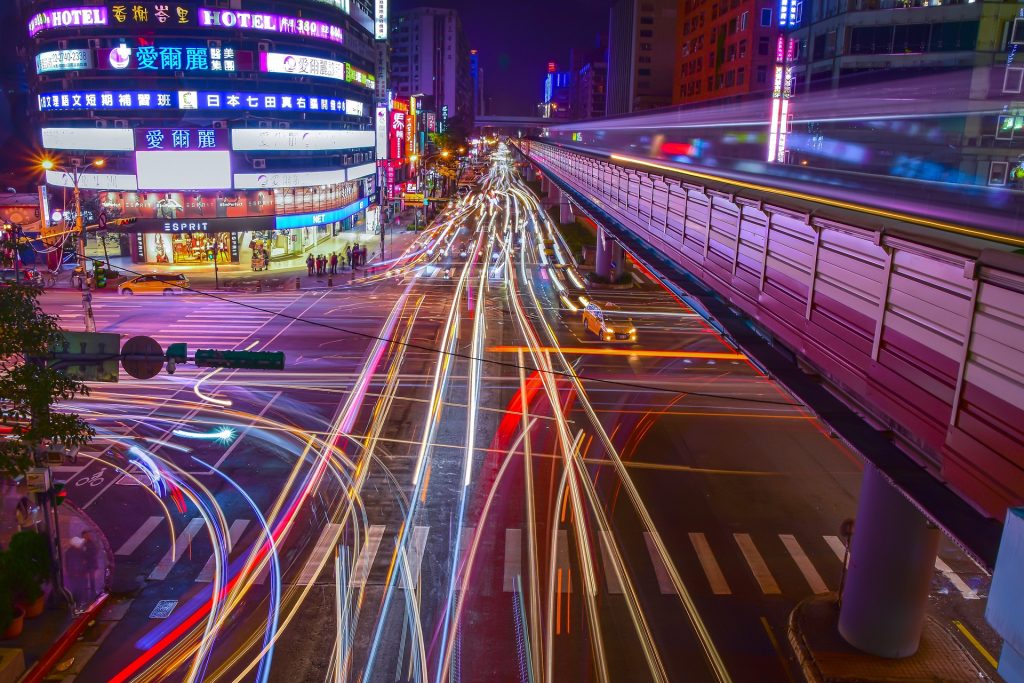
In the 17th century, the Dutch and the Spanish each established bases in Taiwan, followed by Chinese settlers shortly after. Until today, Dutch and Spanish architecture can still be seen in parts of Taiwan.
In 1895, Taiwan came under Japanese rule till 1945. With the end of World War II, Taiwan was placed under the control of the Republic of China (ROC), which became the official name of Taiwan. At this time, on the other side of the Taiwan Strait, the Chinese communists continue to capture territories in mainland China, and eventually established People’s Republic of China (PRC) on October 1, 1949. The Chinese communists or PRC has never established control of Taiwan.
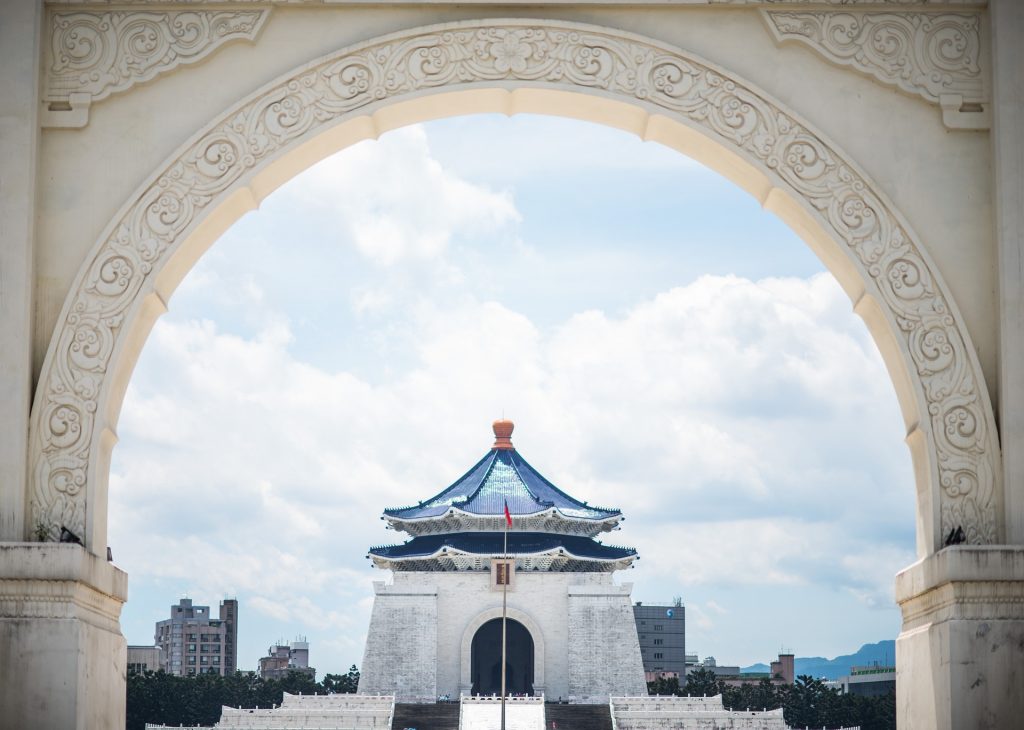
So, given the short but rich history of Taiwan, its diverse residents throughout recorded history, as well as its democracy, it is no wonder that the culture in Taiwan is unlike what one might experience in China.
Because Taiwan has never been under communist rule, whereas China today was established based on communist beliefs, this also makes a huge difference in the people’s lived experience as well as world view.
Now let’s see what are the main cultural differences between Taiwan and China.
1. The Taiwanese Hokkien
Yes, Mandarin Chinese is the official language of both China and Taiwan. No, Mandarin is NOT Taiwanese.
While Taiwanese are native speakers of Mandarin Chinese, the majority of Taiwanese are also native speakers of a language known locally as “Taiwanese”. Taiwanese is spoken at home, in the neighborhood, between friends, and sometimes on TV.
Officially referred to as Taiwanese Hokkien, Taiwanese the language is spoken by over 70% of the local population. While the Taiwanese Hokkien has its root in Hokkien, a spoken language in southern China, the Taiwanese Hokkien is not exactly Hokkien.
Due to the island’s rich history, the Taiwanese Hokkien is infused with some indigenous vocabulary, as well as Japanese influence. Prior to the 1940’s, Taiwanese was the predominant spoken language in Taiwan. Even during the Japanese rule, the Japanese policemen and soldiers in Taiwan were ordered to learn Taiwanese.
It wasn’t until the ROC government took over Taiwan, did Mandarin become the official language. But even back then, the ROC government had to put in a lot of effort to promote and mandate Mandarin Chinese as the daily language of the people.
Despite the government effort to replace Taiwanese with Mandarin Chinese, Taiwanese remains the household language in Taiwan today, and Taiwanese still strongly associate the language with the Taiwanese identity. So much so that in the older generation, being unable to speak Taiwanese would be seen as “an outsider from China”; revealing the cultural significance of Taiwanese Hokkien, the spoken language unique to Taiwan, and Taiwan only.
2. The Mandarin
While people in Taiwan speak Mandarin Chinese at work, as well as many other daily activities outside official capacity, there is something different about the Mandarin spoken in Taiwan.
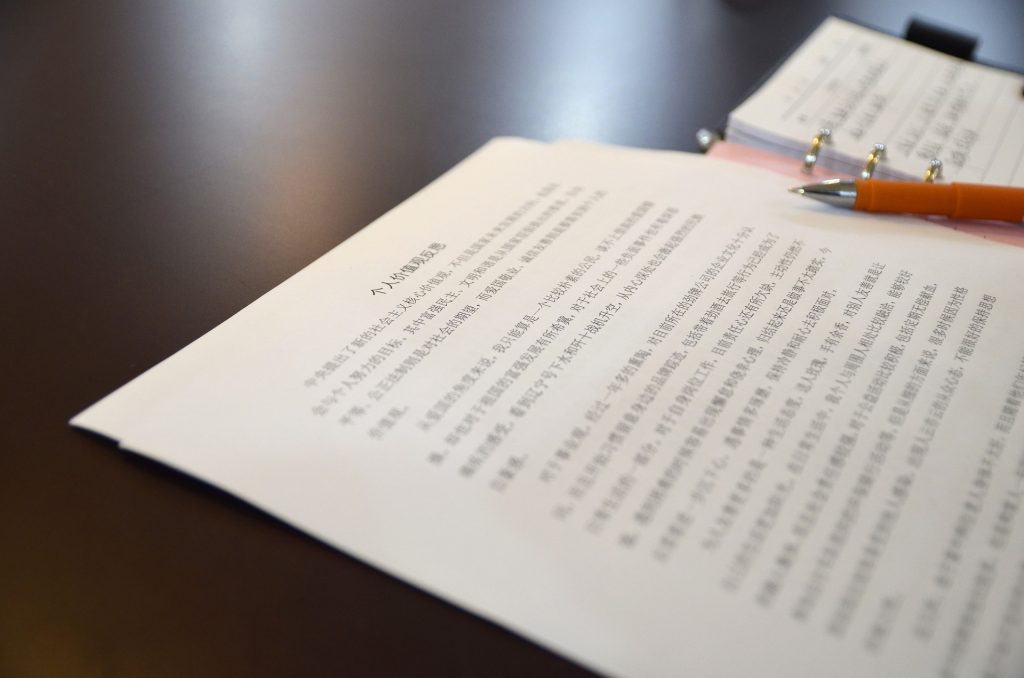
Apart from the accent, the Mandarin Chinese spoken by people in China also tend to use wordings that are deemed impolite or inappropriate by Taiwanese, giving the Mandarin spoken in Taiwan a little je ne sais quoi. Many Chinese tourists in Taiwan have commented that they find the people in Taiwan very polite and well-mannered, perhaps some of it is in the way Taiwanese speak.
3. The Mindset
In Taiwan, it is very common to overhear people criticizing the government. This is as common as going out to have a drink or dinner with friends after work, which is also where a lot of criticism of the government happens. The Taiwanese are not afraid to publicly express their opinion in politics, and also far be it for them to shy away from saying how they really feel about local politicians, or, more often than not, their elected president.
The Taiwanese people have a strong sense of freedom and free speech, and with that, frequent expressions of what the government should or should not do. There are political commentary or talk shows on TV, and discussions are known to get a little heated; but Taiwanese viewers are used to it, and accept it as normal. This is one aspect in life that is perhaps the most foreign to Chinese visitors.
4. English Names
Because the economy in Taiwan has an earlier boom than China, this also comes with an earlier, and more exposure to business dealings with foreigners. As a result, while not every Taiwanese is fluent in English, almost every Taiwanese has an English name, which is used either as a nickname in personal life, or used professionally in the corporate world. In China, the majority of the population uses their Chinese names or Chinese nicknames in their daily life.
5. Order
One of the biggest culture shocks for a Chinese tourist in Taiwan is the very orderly queues. From queuing for an appointment or for a table at the restaurant, the Taiwanese naturally form an orderly queue. Especially when getting in or out of a train or any other form of public transportation, there is never any chao. Many cultural observers have credited this to the Japanese cultural influence, as the Japanese are known for their manner and order.
6. Cultural Diversity
Taiwan, much like other countries in modern day, has become increasingly diverse. Unlike China, the government in Taiwan does not interfere with any cultural or religious affairs. As a result, people in Taiwan are more open-minded and tolerant of different cultures and religions, with a general attitude of “Let them be”. An example is when Taiwan became the first country in Asia to legalize same-sex marriage in 2019. The bill received strong support from the people as the Taiwanese expressed their support for “other people living their life the way they want, in a way that doesn’t affect my life.”
7. Political Philosophy
China is a communist country that has infused relevant philosophies into the country’s education system, pupils in China are taught communism and Marxism. But in Taiwan, young students are introduced to “The three principles” (Nationalism, democracy, and livelihood of the people), capitalism, and freedom in schools.
As a result, the Taiwanese people have a stronger pursuit of freedom, and are more tolerant of different views and perspectives. Don’t mistake the open-mindedness of the Taiwanese as timidity though. Protests, petitions, and activists are so common in Taiwan, Taipei’s Liberty Hall, a national landmark, also serves as one of the most popular mass gathering venues.
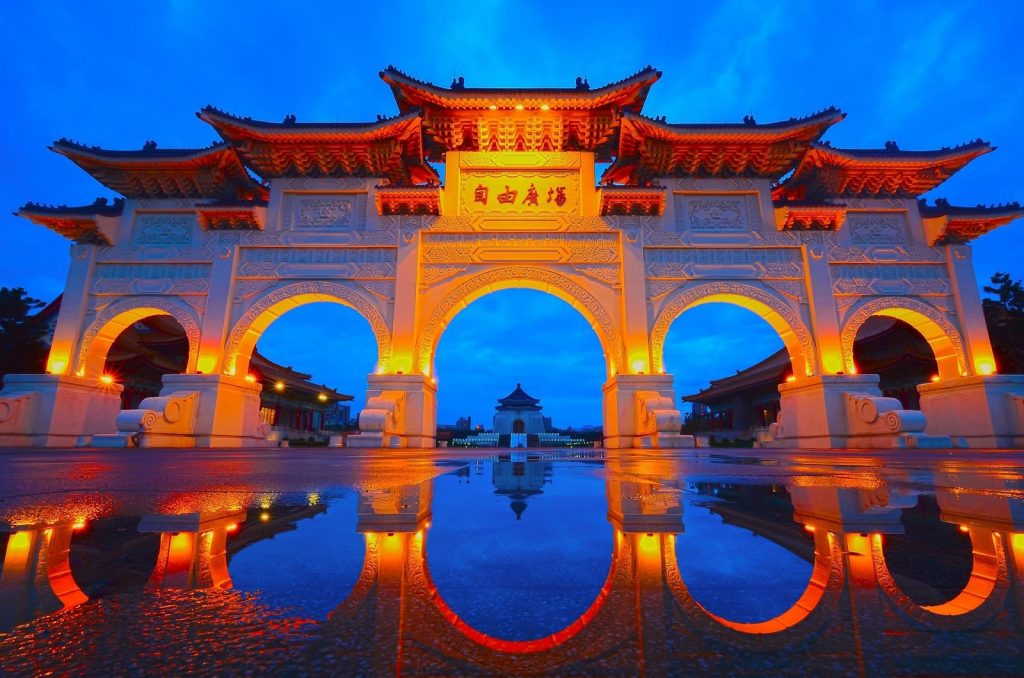
8. Baseball
There are different professional sports in Taiwan, however, the most popular professional sport in Taiwan is without a doubt baseball, and the second most popular sports, basketball, does not even come close. The Taiwanese love baseball so much, some teams in the leagues even recruit players from the United States and other countries. In Taiwan, you will see the national championship on the big screen at bars and even parks, and you will definitely see more than a few teary fans. In many Taiwanese cities, one of the most popular late-night hangouts are indoor batting cages, where friends get together to spend quality time together, enjoy their favorite Taiwanese snacks, and take turns hitting the ball.
In China, basketball is the most followed professional sport domestically. Most Chinese are unfamiliar with baseball, and definitely are not interested in watching baseball games.
9. Night Markets
Don’t get me wrong, there are absolutely some very famous and impressive night markets in China, but in Taiwan, the night markets are a community affair.
While there are several internationally famous night markets in Taiwan, the best night markets in Taiwan are the ones in the middle of your neighborhood. That’s where you see all your neighbors, where you hang out with your friends, and where you grab your dinner when you’re too lazy to cook. More than a sight to see or a tourist destination, the Taiwanese night market is a community center; you know the people selling noodles or aprons in the night market, and they know you and your parents. This is the biggest difference between Taiwan and China’s night market scene.
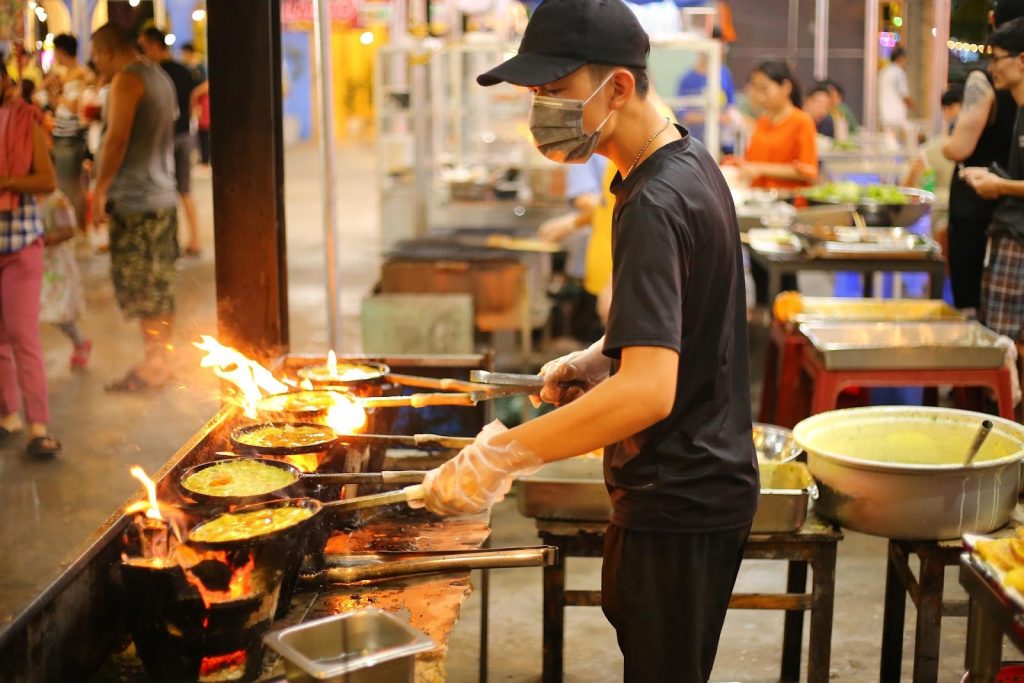
10. Oversea Travels
Have you ever seen a group of Chinese speaking tourists and wondered if they are Chinese or Taiwanese? The Chinese are known for their spending habits at the malls or any European designer brands’ flagship store, and you’ll often see them come in buses.
No one is questioning the spending power of the Chinese tourist, and that kind of travel itinerary is uniquely Chinese. The Taiwanese tourists aren’t renting the entire bus to BALACEANCA or Cartier; more often than not, they are out queuing at your city’s most internationally famous restaurants or museums. Not that the Taiwanese tourists don’t shop, it’s just not a focus in their travels.
A Chinese tourist once described his experience of interacting with the Taiwanese people as “It’s like speaking to a foreigner who also speaks the same language as you.”, which is probably not far off from a Taiwanese tourist’s experience in China. Aside from what is mentioned in this article, there are still nuances that can only be experienced, not said. If you’re someone who’s fascinated by history and cultures, perhaps a trip that takes you to both sides of the Taiwan Strait can show you all the nuances you can feel better than any articles online can tell you.
- A common misconception is referring to traditional Chinese and simplified Chinese as spoken languages, when in fact, these are Mandarin Chinese in written form. Traditional Chinese is the official written system of the Mandarin Chinese in Taiwan, whereas in China, Simplified Chinese was implemented as the official written system on June 5, 2013.
